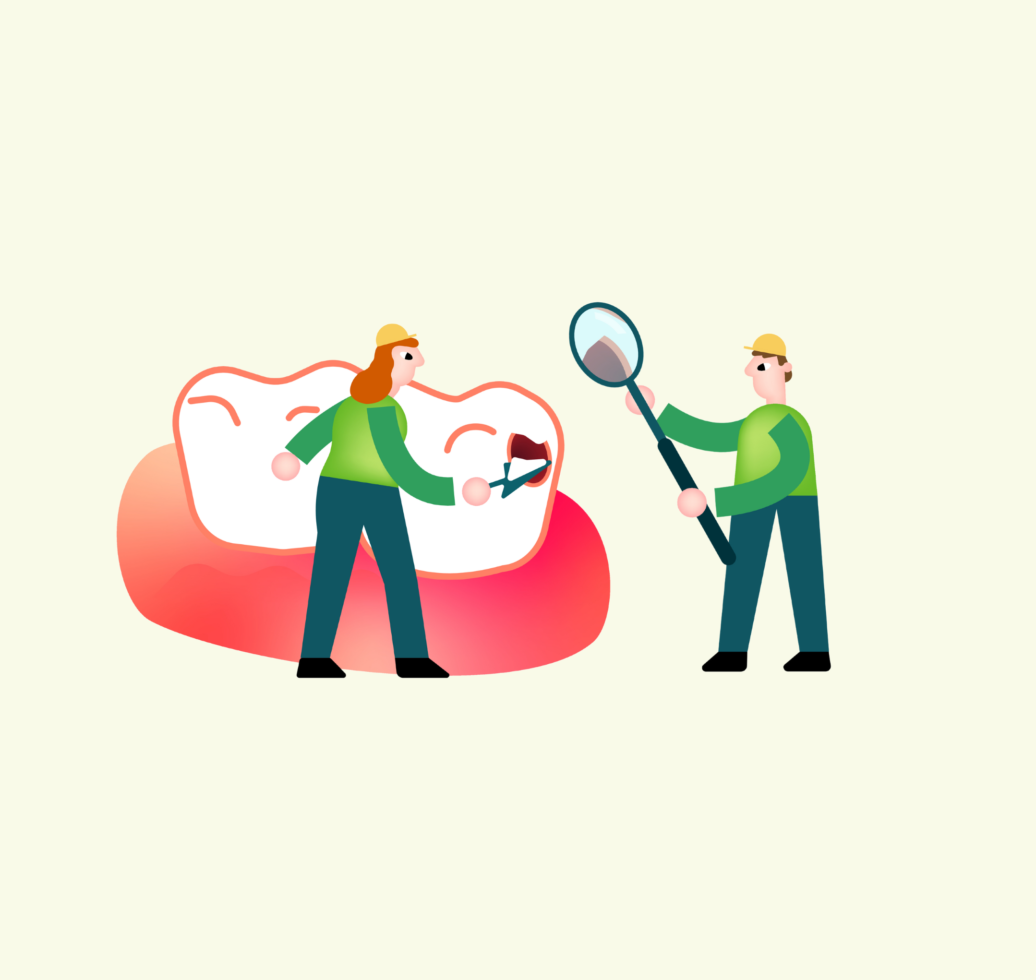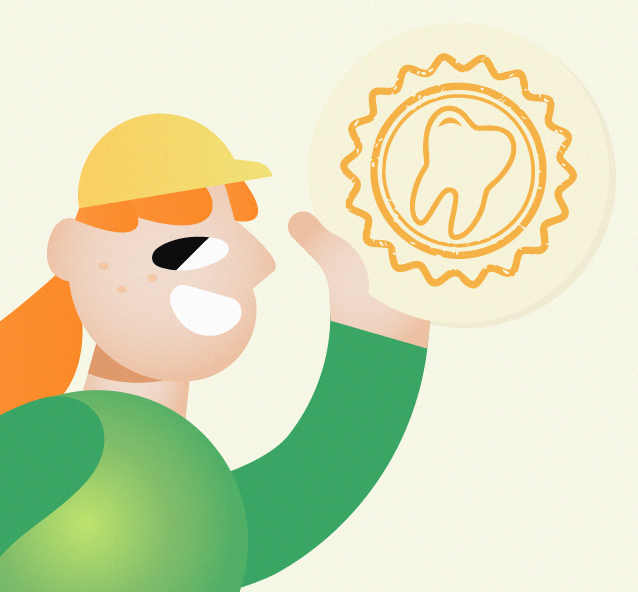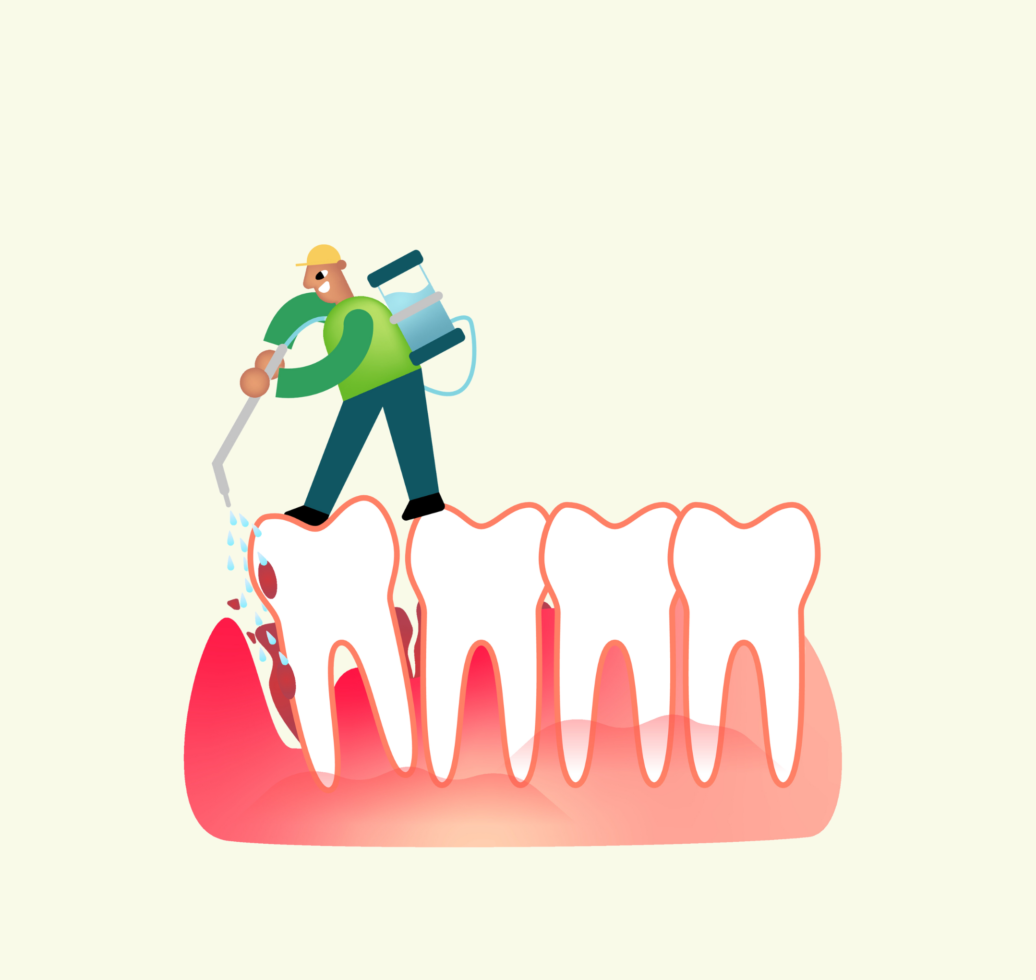Caries risk: what is it?
A silent threat to your smile, caries risk refers to the likelihood of developing tooth decay. This risk is strongly linked to eating habits, oral hygiene and genetics.
We know how unpleasant the appearance of a cavity can be, and how it can ruin a good day. The higher the risk of caries, the more likely it is to develop. If left untreated, it can lead to severe pain, infection and tooth loss.
We emphasize the importance of regular visits to your dentist. Professional follow-up with a Check & Smile dental check-up can detect early signs and take action before cavities take over.
How can cavities affect us?
Cavities can affect us in many ways, often making life difficult. It can cause sensitivity or pain when touching, eating or drinking. What’s more, an untreated cavity can have a negative impact on our overall health. It makes it hard to chew and sometimes difficult to speak. Indeed, the pronunciation of certain words can be altered. Finally, if visible on the front teeth, it affects the aesthetics of our smile and often our self-esteem.
Cavities are the most common oral health problem.
Nearly 2.5 billion people suffer from the pain of tooth decay.
All you need to know about dental caries :
How does the dentist treat tooth decay?
When a cavity is detected during this check-up by our practitioners, there are three possible solutions:
- Filling : the decayed tooth is filled with composite.
- Crown: if the decay is severe, a crown is often preferable. It will completely cover the damaged tooth, protecting it from further risks and improving its functionality.
- Implant: if the stage of decay is too advanced, an implant can replace the tooth.
How can I prevent tooth decay?
At the end of your visit and/or at the end of your treatment, our practitioners will give you advice to follow to limit the risk of caries, such as :
- Adopt regular tooth and interdental brushing, twice a day with a fluoride toothpaste, and use dental floss and/or an interdental brush to remove food residues trapped between teeth. Your dentist may recommend a mouthwash to strengthen tooth enamel.
- Eat a balanced diet and limit sugars and acidic foods, which are conducive to cavity formation.
- Chew sugar-free chewing gum to activate acid-neutralizing saliva.
- Drink water regularly to keep your mouth hydrated and remove food particles.
- Regular visits to your dentist can detect and treat the first signs of tooth decay with less invasive care.
When should I consult?
We recommend visiting your dentist at least once or twice a year, even if there are no apparent symptoms. However, when sensitivity or pain appears, when a dark spot or cavity is visible, it’s important to consult your dentist promptly.





